Months after the flames, families downwind of the fire are facing a new kind of threat…
When the Eaton Fire swept through the San Gabriel Mountains in 2025, it left behind scorched hillsides, smoke-choked skies—and now, months later, a lingering threat buried in the soil. In April 2025, Los Angeles County Public Health released preliminary testing results showing elevated levels of lead in 10 of 17 soil samples taken from residential parcels downwind of the fire.
While the flames are long gone, the danger isn’t. For families in affected Pasadena neighborhoods, the presence of lead in the soil raises serious concerns about long-term health, safety, and what to do next.
What the Soil Tests Revealed
In response to community concerns following the Eaton Fire, the Los Angeles County Department of Public Health conducted soil testing in areas downwind of the burn area. The preliminary findings indicated that a significant number of soil samples from residential parcels exhibited lead levels exceeding health-based screening thresholds .
The testing focused on properties in northwest Pasadena, an area directly affected by wind-driven ash and debris during the fire. According to various news reports, the lead contamination likely settled as ash from burned materials, carried by wind into backyards, gardens, and outdoor spaces.
These findings have prompted health advisories, urging residents in the impacted neighborhoods to take precautions, especially families with young children or pregnant individuals, who are most vulnerable to the effects of lead exposure. The concern now shifts from what burned to what’s been left behind.
What Lead Exposure Means for Families
Lead exposure is a serious public health issue, especially for children and pregnant women. Even low levels of lead in the body can interfere with brain development, learning, and behavior. In children, it can cause developmental delays, irritability, fatigue, abdominal pain, and even hearing loss. In pregnant individuals, lead can cross the placenta, increasing the risk of premature birth, low birth weight, or developmental issues in the baby among other health consequences.
There’s a difference between acute and long-term exposure. A single high-dose event is dangerous, but repeated low-level exposure—like touching or ingesting contaminated soil over time—can be just as harmful. Children playing in the yard, digging in the dirt, or putting their hands in their mouths are at particularly high risk. Adults aren’t immune either; common tasks like gardening, sweeping outdoor patios, or even bringing in lead-contaminated dust on shoes and clothing can create exposure points.
Because lead is invisible, tasteless, and odourless, many families may not even realize they’ve been exposed. That’s why local health officials are urging caution, offering free blood lead testing, and recommending measures to reduce contact with contaminated soil. This isn’t just about precaution—it’s about preventing long-term harm in the places families should feel safest.
Why Fires Can Release Lead Into Soil
As the community has tragically witnessed, wildfires burn everything in their path. That includes older homes, buildings, fences, vehicles, and utility infrastructure, many of which contain materials treated or painted with lead-based products. When these materials burn, they don’t simply disappear. Instead, they release toxic particles, including lead, into the air in the form of ash and dust.
This ash can travel long distances on the wind, eventually settling on lawns, gardens, and rooftops miles from the original burn site. In the case of the Eaton Fire, prevailing winds carried this toxic debris into parts of Pasadena, where it likely embedded into the top layers of soil.
Wildfire-generated ash is especially dangerous because it’s so fine—it clings to surfaces, seeps into soil, and becomes airborne again with the slightest breeze. Once it settles into soil, it can persist for months or even years, posing long-term risks. This is how a fire that was miles away can still have health consequences for families who never saw flames on their street.
How the City and County Are Responding
In light of the soil test results, Pasadena and Los Angeles County have issued clear public health guidance to help residents reduce their risk of lead exposure. Pasadena officials are advising families in affected neighborhoods to avoid direct contact with bare soil, particularly where children play or where food is grown.
Los Angeles County Public Health has echoed those recommendations and provided additional precautionary steps: cover exposed soil with mulch or grass, avoid bringing soil indoors on shoes or pets, and wash hands thoroughly after being outdoors. They’re also encouraging residents to use raised garden beds with clean soil for planting, and to wipe down outdoor furniture and surfaces regularly.
Officials are continuing to evaluate the extent of the contamination and will share updates as more information becomes available. In the meantime, residents are urged to stay informed and follow the recommended safety steps to protect their families.
What You Can Do Right Now
If you live near the Eaton Fire burn area, it’s important to take proactive steps to protect your family’s health. Begin by having your soil tested, especially if you have young children or grow food at home. To assist with this, the Los Angeles County Board of Supervisors has approved a motion to allocate $3 million to help residents pay for soil testing in areas affected by the Eaton Fire. This funding aims to alleviate the financial burden on homeowners concerned about potential lead contamination in their soil.
In addition to soil testing, limit direct contact with bare soil by using ground covers or mulch, keep outdoor shoes separate from indoor footwear, and clean surfaces regularly to reduce the risk of lead exposure. If you have health concerns, consult your healthcare provider and consider reaching out for legal guidance or support services available in your area.
Contact CaseyGerry for Further Information
Concerned about lead exposure from the Eaton Fire? Casey Gerry can help you understand your options and whether your family may be entitled to support or compensation. Reach out today.


